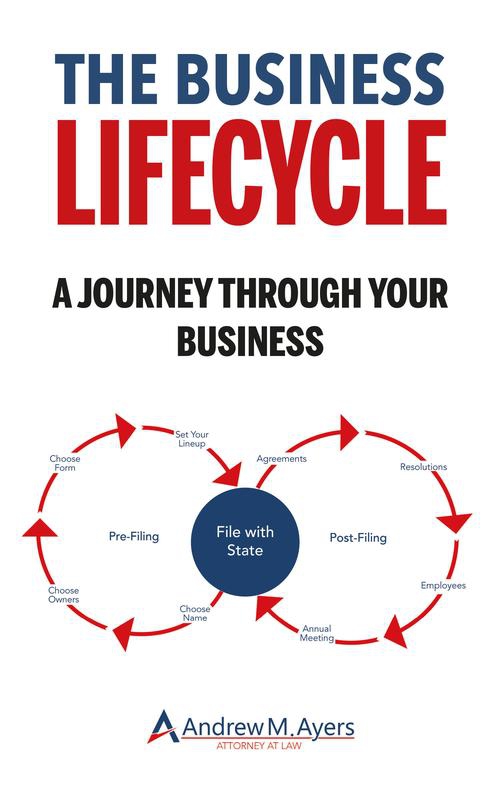 Not every business owner wants to own and run their business for the rest of their lives. Often, it's been an adventure owning your business. There have been amazing times - remember that excitement when you first opened your business? For many, there have also been times when the business was just scraping by and barely able to keep its doors open. And after experiencing all the highs and lows that business ownership brings, you may find that it's time to sell your company, and you're not sure where to turn next.
Not every business owner wants to own and run their business for the rest of their lives. Often, it's been an adventure owning your business. There have been amazing times - remember that excitement when you first opened your business? For many, there have also been times when the business was just scraping by and barely able to keep its doors open. And after experiencing all the highs and lows that business ownership brings, you may find that it's time to sell your company, and you're not sure where to turn next.
There are two common areas that you need to start with:
- How do I sell the business?
- How much is the business worth?
For both of these areas, there are infinite resources available to help you. But one important step you should be taking is to make sure to involve the professionals in your life, your accountant, financial advisor and attorney. Their experience and expertise can be vital in making sure that the process runs smoothly and that you get the most value you can for your interest in your business.
Ways to Sell Your Business
The details of the sale can be different for each company, but there are three common ways that you can consider selling your company:
- Finding a buyer who will take over the business and continue to operate it
- Finding a buyer who will merge the business into another business
- Sell your interest in your business to one of your current partners
If you're in the first two situations, you'll need to do some homework on the best way to find a buyer for your business. There are professionals, called business brokers, whose job is to connect people who want to sell their business with people who want to buy a business. Like any other profession, these brokers are being paid for their work, so you need to understand they have a financial incentive to make sure the transaction happens that may override the relationship you have with them.
You'll also need to work with your accountant to make sure that if you are selling your business to a buyer, you are able to put the appropriate value on the business and that you are getting the right price for your business. Depending on the industry you are in, there are different standards that are used to determine the value of your business.
If you're in the third category, this process may be as easy as opening discussions with your partners over a buy-out of your interest. The key discussion will be to figure out how to value the company and work out how you'll be paid for your interest. If you've been maintaining your corporate documents, you also likely have the process for your business shares to be purchased laid out in your operating agreement.
How Much is Your Business Worth?
It's not as challenging to figure out the value of your business as you may think it is. It's probably a pretty simple calculation depending on the type of business you are running. But once you can figure out that value, you can really begin the process of selling your business because you now have a starting point for any negotiations. Some common issues to consider when valuing your business are
- Is it profitable?
- Can it survive without you? (This is not a knock on your ego - if you have a license that is required to operate the business, any new owner will either need to have a license as well or find someone who can provide that license for the business)
- Do you have inventory or other assets to sell?
- If there's a license - can it be transferred to a new owner?
- Is there a demand in the market for your business?
Beyond these generalized questions, a formal business valuation can also be performed to get a concrete value for your company. You can use the valuation as part of any negotiation, especially for someone who isn't experienced in your industry and needs some external proof of the value of the business they are looking to acquire.
Next Steps
Thinking about selling your business (or thinking of buying a business from someone else), let's set up a Legal Strategy Session to discuss the best options for you and your business.


